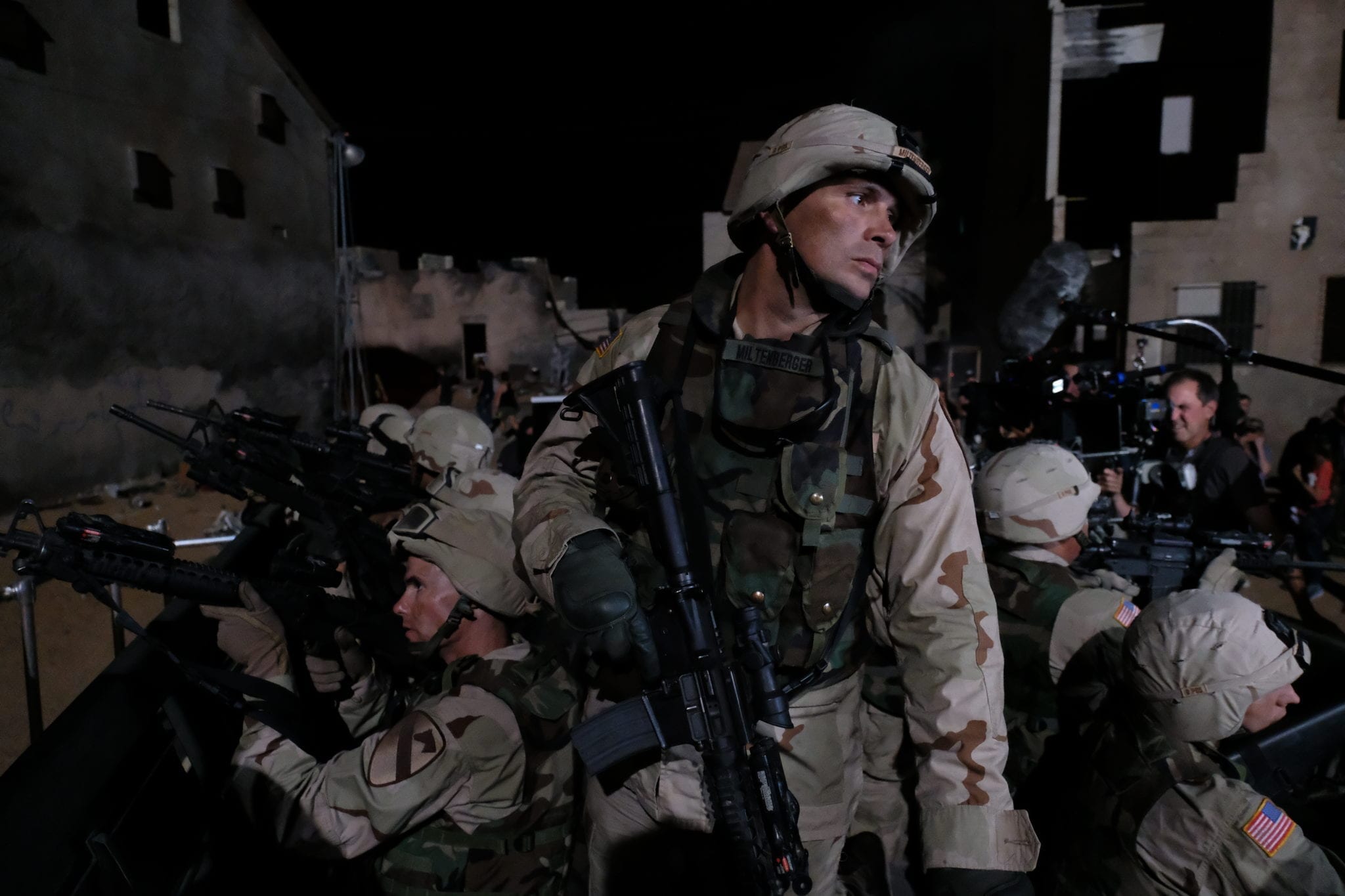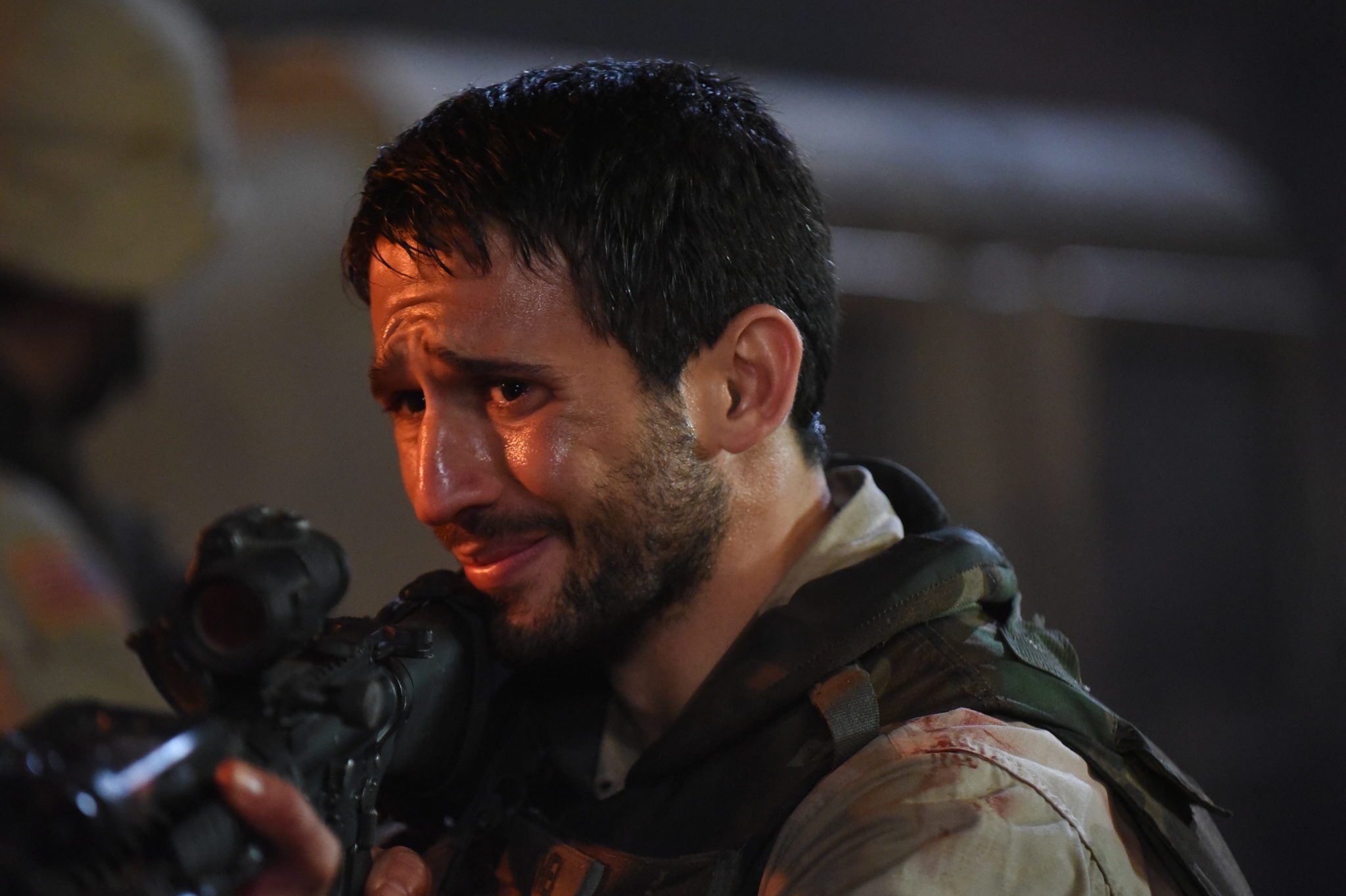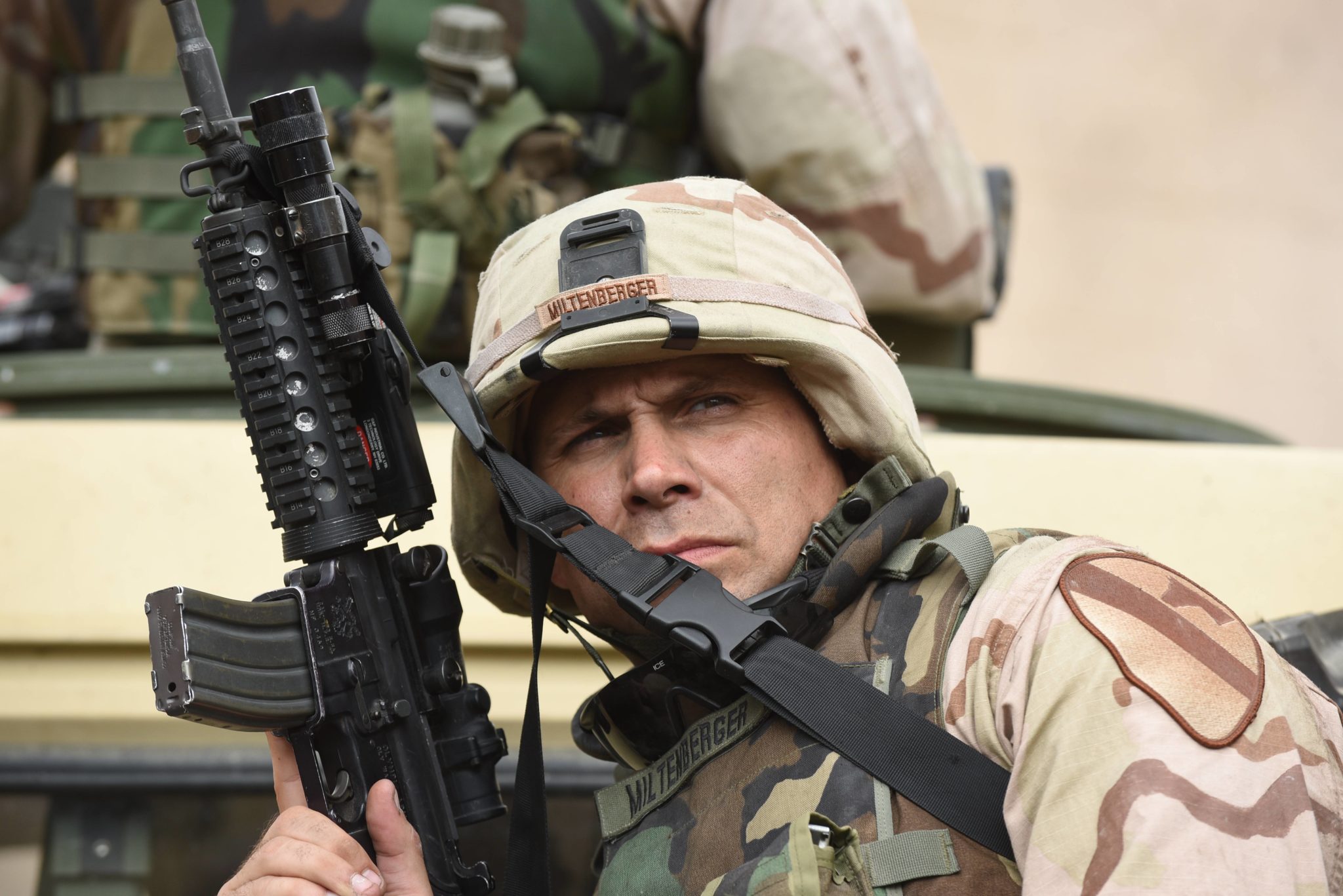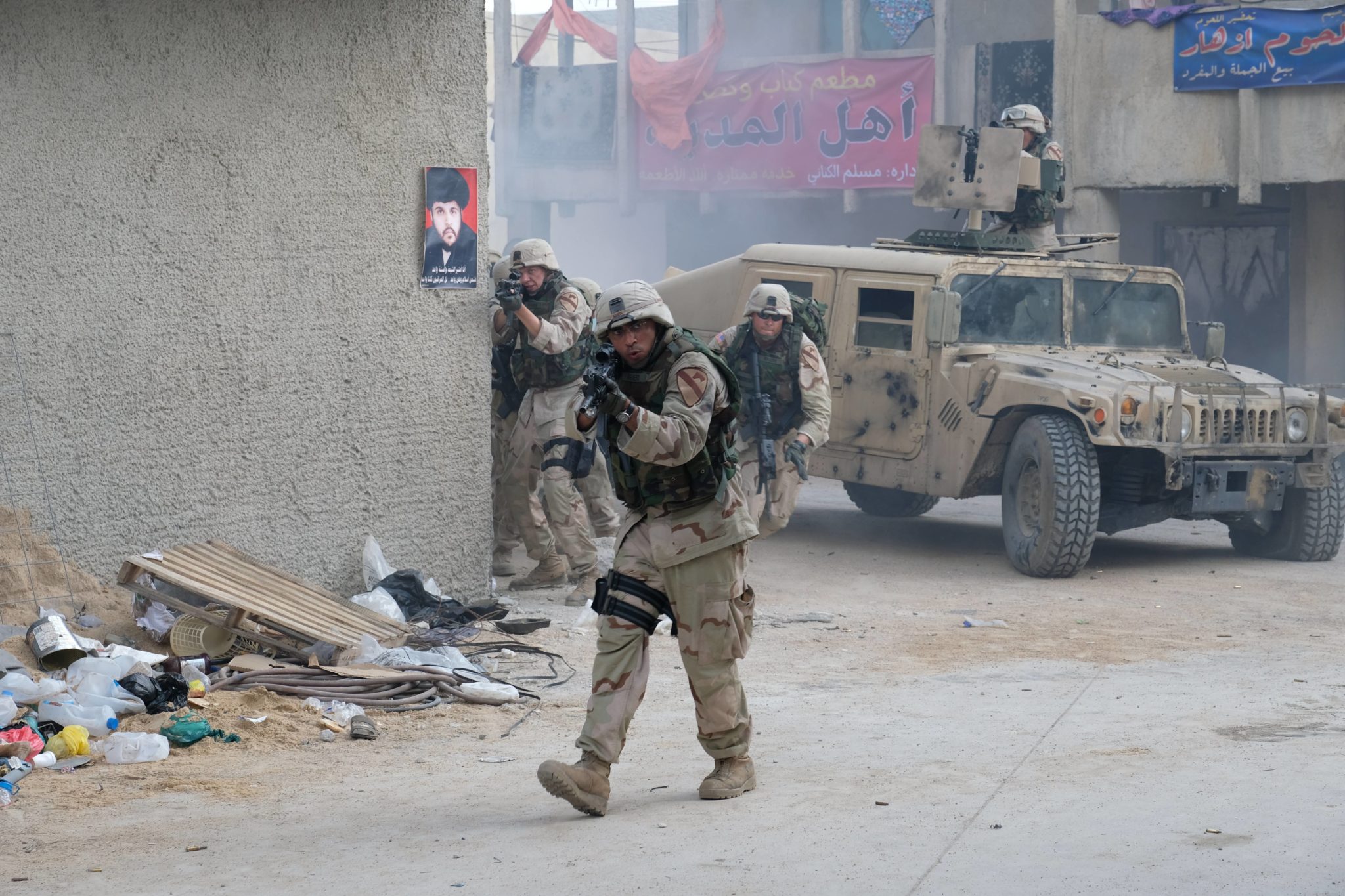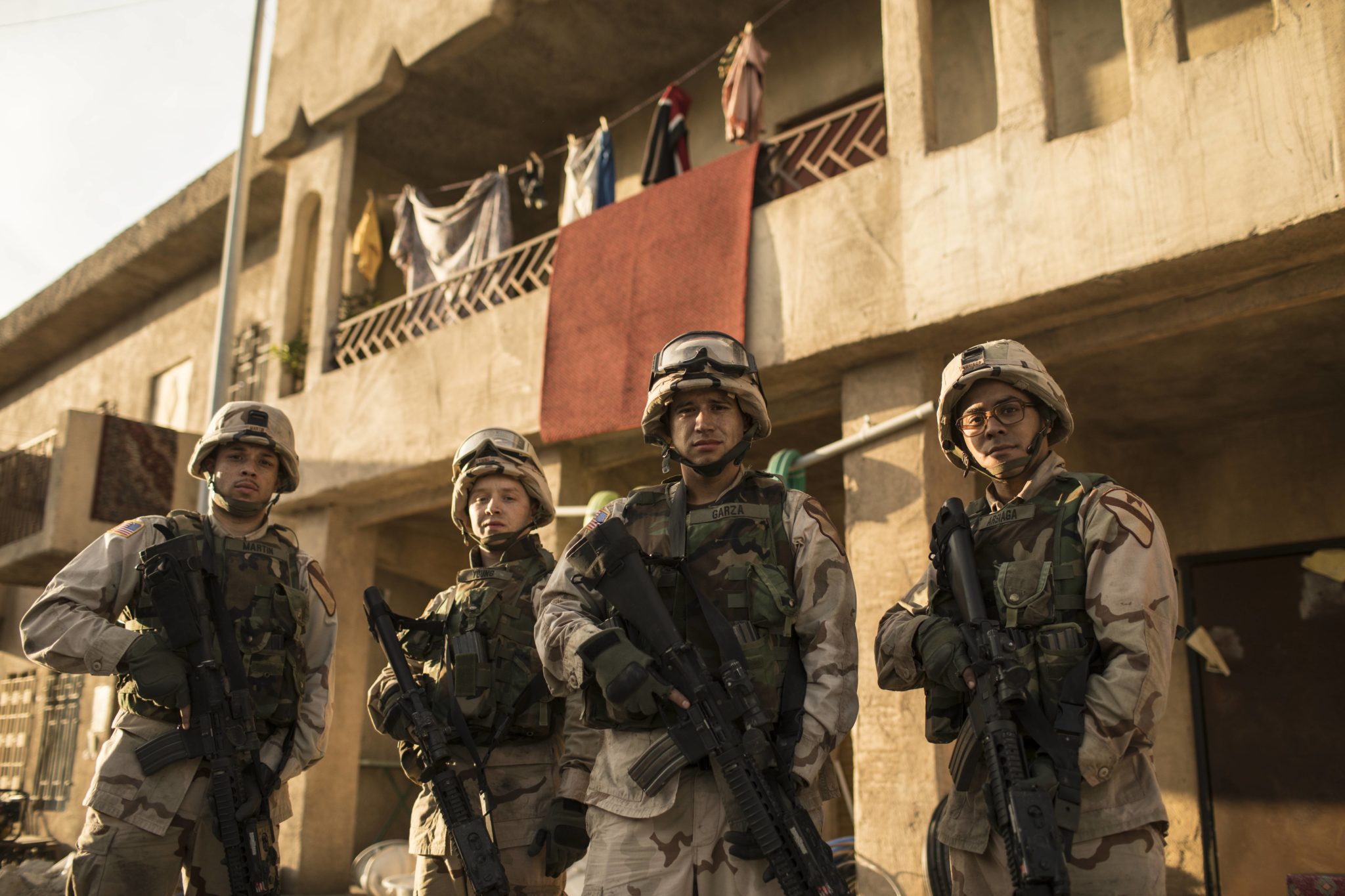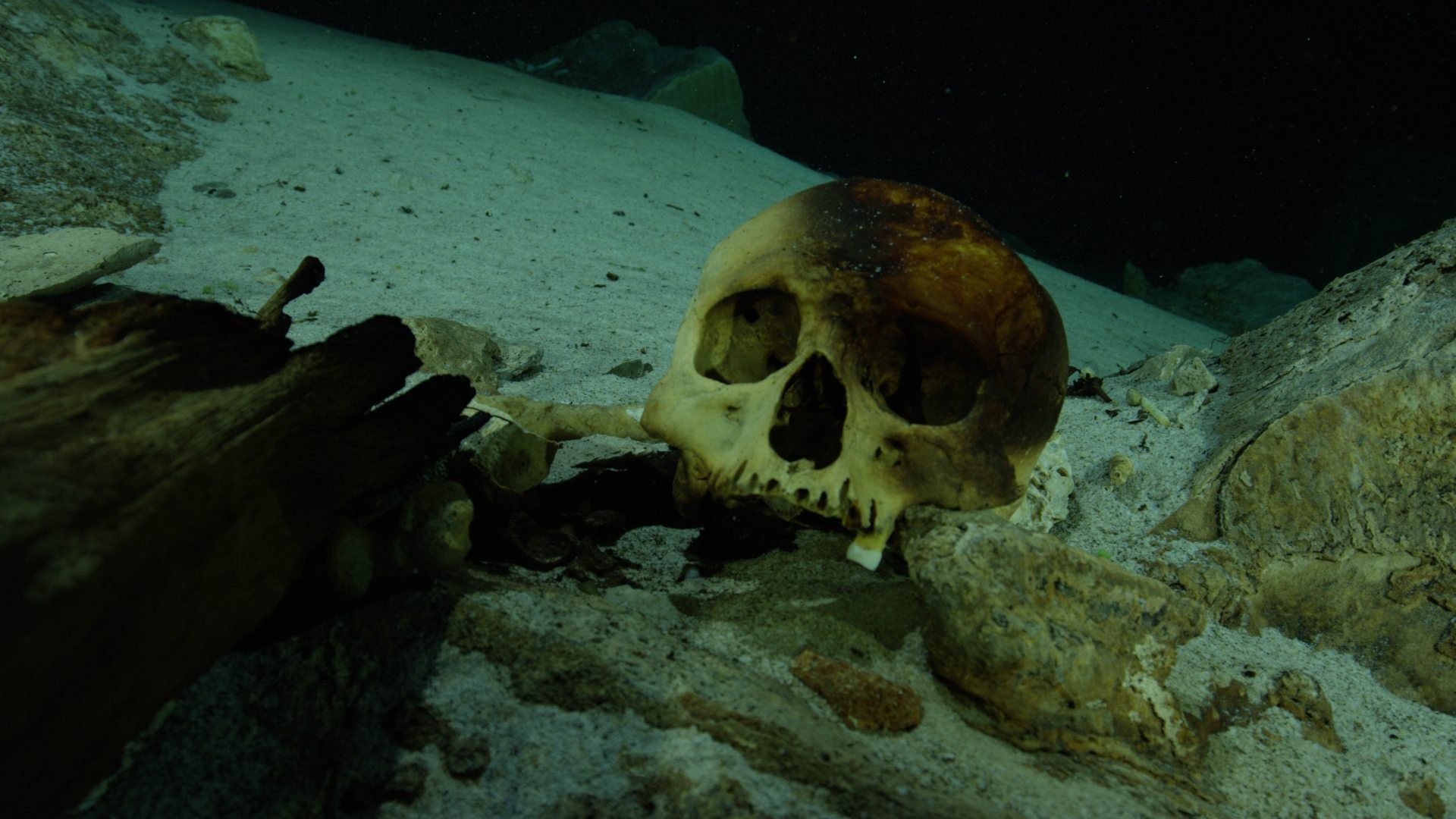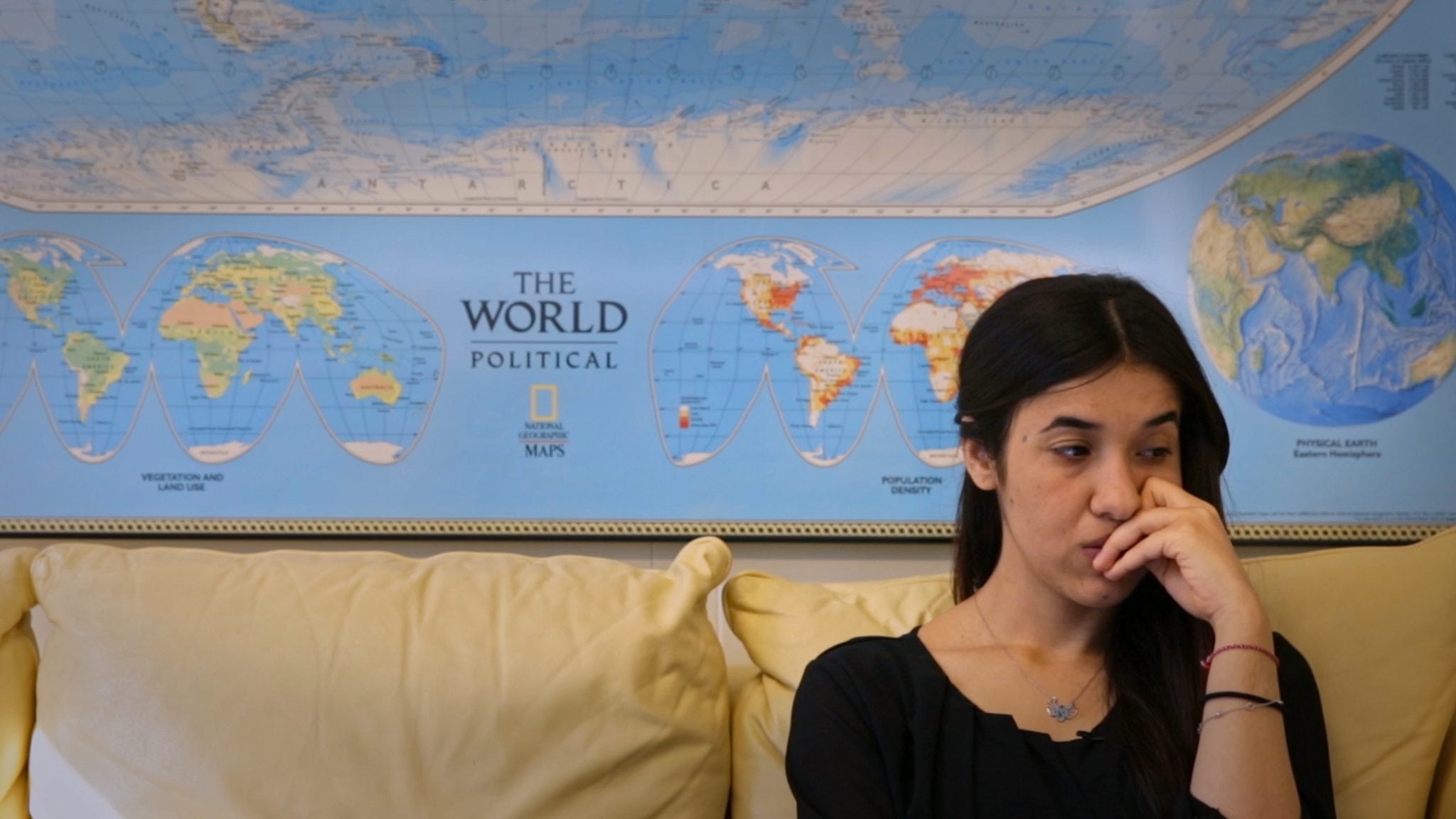
On Her Shoulders – Nadia Murad Takes on the World
In 2014 ISIS declared that the Yazidis (a religious minority in northern Iraq) should be eliminated. They set out on a genocidal spree in which over 5000 people were killed in a few weeks and over 7000 women and children were captured and forced into sexual slavery and child soldiering.

